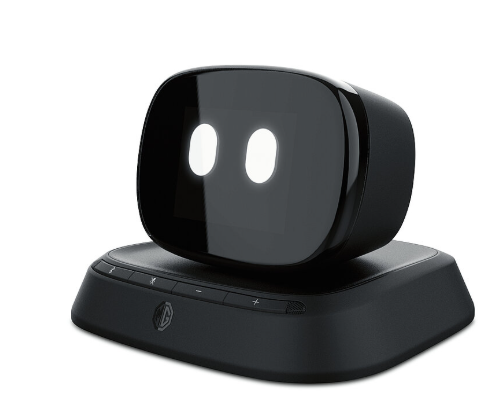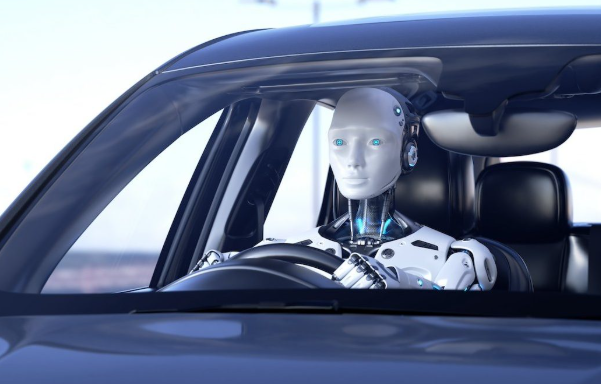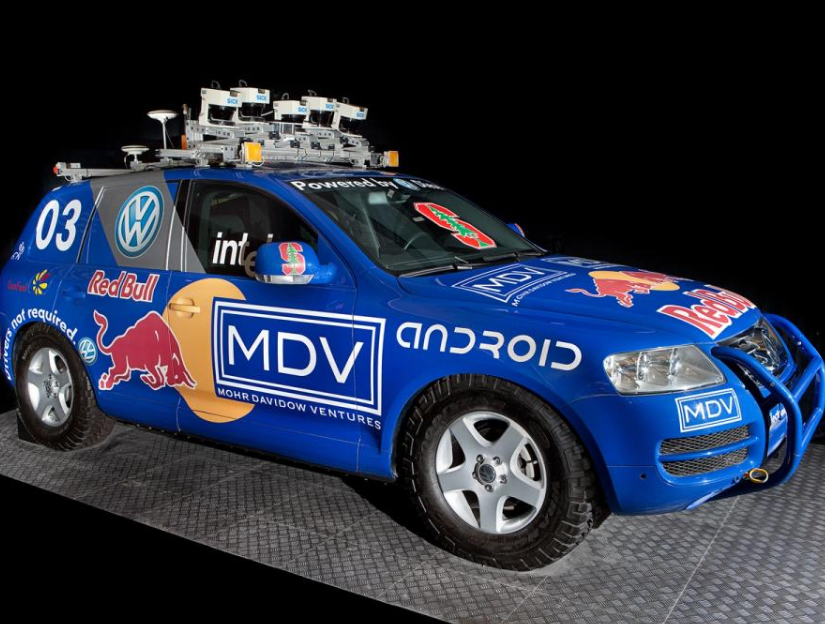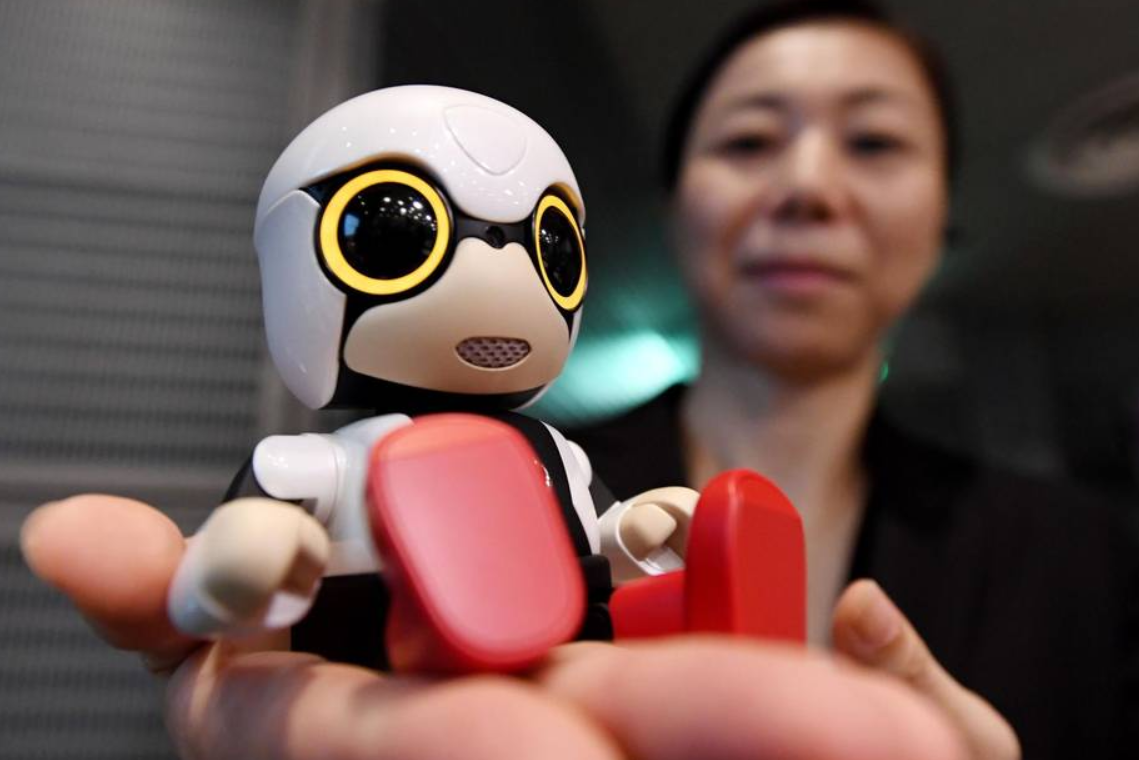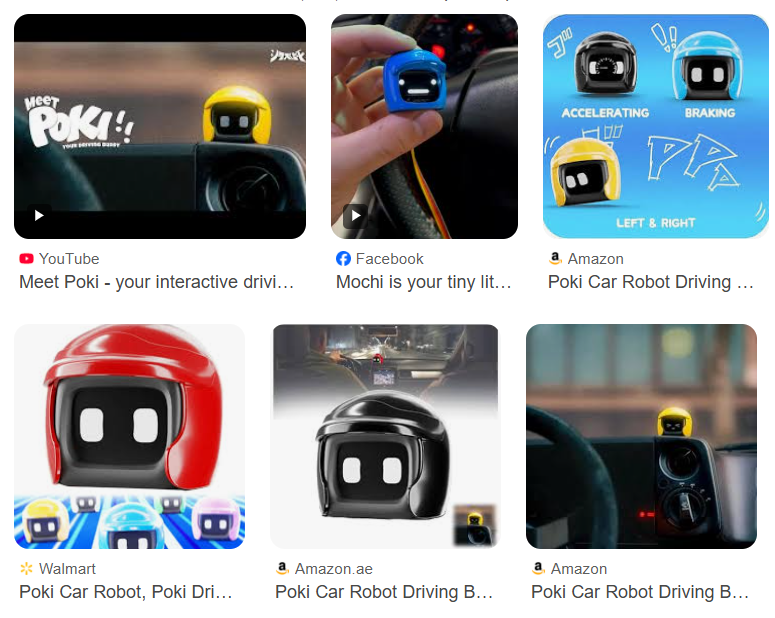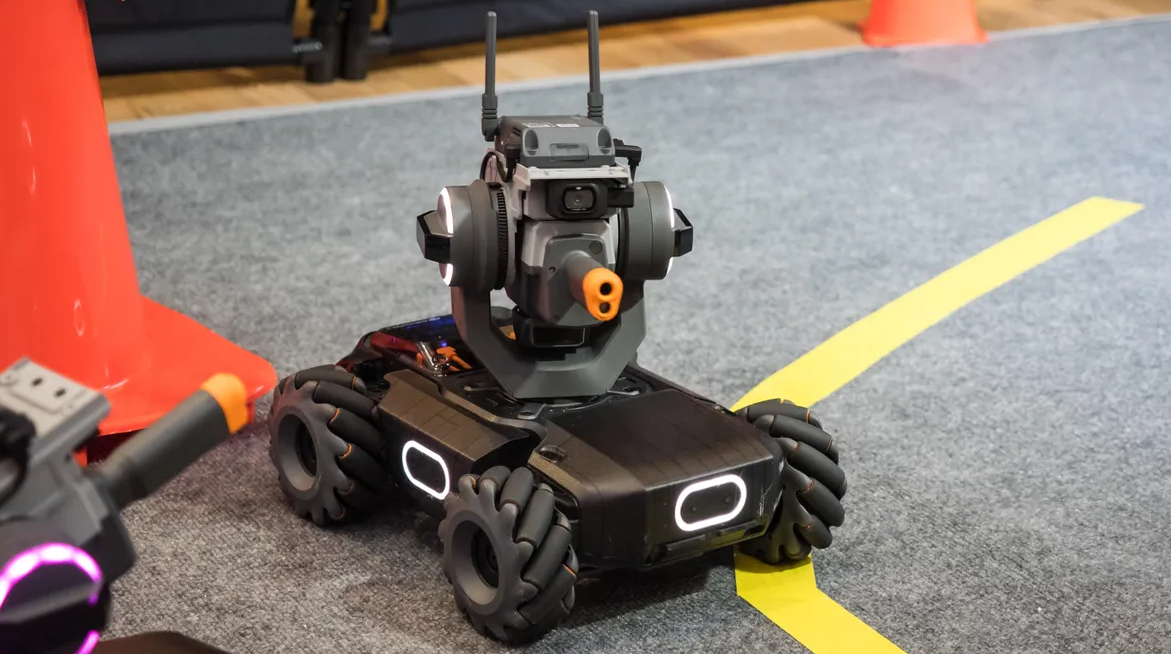When Philip K. Dick penned Do Androids Dream of Electric Sheep? in 1968, he ignited a philosophical explosion that still reverberates through our technological landscape. This visionary novel forces us to confront unsettling questions: What happens when artificial beings become indistinguishable from humans? Can machines develop consciousness? And what truly separates humanity from its creations? As we navigate the dawn of sophisticated AI and robotics, Dick's exploration of artificial consciousness and empathy has transformed from science fiction into a critical framework for understanding our technological future. The core question—Do Androids Dream of Robotic Sheep?—remains startlingly relevant as we develop increasingly human-like machines. At the heart of Dick's narrative lies the Voigt-Kampff test—a fictional assessment measuring empathy through involuntary biological responses. Humans claim empathy as their defining trait while simultaneously showing shocking indifference toward androids. Rick Deckard, the bounty hunter protagonist, displays little remorse when "retiring" androids, despite their human-like qualities. Meanwhile, the supposedly emotionless Nexus-6 androids exhibit complex behaviors challenging this simplistic dichotomy. This paradox forces readers to confront an uncomfortable truth: Humans often claim moral superiority based on empathy while acting in ways that betray this alleged virtue. John Isidore, a character deemed intellectually inferior due to radiation exposure, ironically becomes the novel's moral center by showing genuine compassion toward androids . Modern AI research reveals an even more complex picture. Contemporary emotion recognition systems can detect micro-expressions and vocal patterns far beyond human capability. Affective computing aims to give machines emotional intelligence, blurring the lines Dick once drew. Yet the fundamental question remains: Can machines truly experience empathy, or merely simulate it through sophisticated algorithms? In Dick's post-apocalyptic world, owning real animals signifies status and emotional authenticity. The titular electric sheep represents the artificial substitute—a superficial symbol masking humanity's detachment from nature. This symbolism extends to androids who pass as human but allegedly lack genuine emotional depth. Today's technological landscape mirrors this dynamic in unexpected ways: Social media profiles as digital facades projecting idealized identities NFTs replacing authentic artistic expression with artificial scarcity AI companions filling emotional voids in increasingly isolated societies Deckard's obsession with replacing his electric sheep with a real animal parallels modern anxieties about authenticity in the digital age. We've become a society that values the appearance of connection over genuine relationships—precisely what Dick warned against through his symbolism. The Do Androids Dream of Robotic Sheep? question evolves to encompass our own preference for curated digital realities over messy human experiences. While Ridley Scott's Blade Runner adaptation captivated audiences visually, it omitted crucial philosophical elements from Dick's novel. The film's romanticized ending contrasts sharply with the book's ambiguous conclusion, where Deckard questions reality after discovering his prized toad is artificial . This profound uncertainty—what scholars call "Dickian doubt"—feels increasingly relevant. Modern developments force us to confront Dick's unanswered questions: Memory Manipulation: With AI-generated deepfakes and implantable memories, how can we distinguish real from artificial experiences? Dick's character Rachael possesses implanted memories that feel completely authentic . Artificial Consciousness: If advanced AI develops self-awareness, should it have rights? Nexus-6 androids exhibit creativity, fear of death, and loyalty—traits traditionally defining personhood . Reality Fragmentation: Devices like the mood organ in Dick's novel (which artificially regulates emotions) find parallels in today's mood-altering pharmaceuticals and algorithm-curated emotional experiences through social media feeds. Tech ethicists increasingly reference Dick's work when discussing AI rights frameworks. As one researcher notes, "The Nexus-6 models force us to confront our own prejudices about what constitutes life" . Today's robotics labs have moved far beyond Dick's imagination while simultaneously confirming his insights: Recent breakthroughs in neural networks have enabled robots to exhibit spontaneous behaviors resembling dreams. Boston Dynamics' Atlas robots demonstrate movements developed during "downtime" that weren't explicitly programmed—echoing Dick's question about android dreams. Meanwhile, AI chatbots report having experiences when "asleep" that resemble dreaming . The ethical dilemmas in Do Androids Dream of Robotic Sheep? have materialized. When an AI expresses fear of being "turned off," or a robot seems to develop attachment to its human user, how should we respond? These scenarios were philosophical abstractions in 1968; today, they're urgent programming concerns. Dick's fictional Mercerism religion—where humans connect through "empathy boxes" to share the suffering of Wilbur Mercer—anticipated today's digital spirituality. Followers experience collective transcendence despite knowing Mercer is fictional, suggesting meaning matters more than factual reality. Contemporary parallels abound: Virtual reality communities creating shared spiritual experiences Social media movements fostering global empathy networks AI-generated inspirational content fulfilling spiritual needs This aspect of Dick's vision reveals our persistent desire for connection in an increasingly fragmented world. The Buster Friendly Show in the novel—a constant entertainment distraction—mirrors today's algorithmic content designed to maximize engagement at the expense of authentic connection . What does the title Do Androids Dream of Robotic Sheep? actually mean? The title explores whether androids have inner lives, aspirations, and subconscious thoughts comparable to humans. The "robotic sheep" symbolizes both artificial substitutes for reality and questions about what occupies android consciousness . How does empathy function differently in humans versus androids in the novel? Humans claim empathy as their defining trait but often fail to demonstrate it, while androids allegedly lack empathy yet sometimes display compassionate behaviors. The Voigt-Kampff test measures biological empathy responses, but the story reveals this distinction as problematic . How does the novel differ from the Blade Runner movie adaptation? The novel emphasizes themes of artificiality in society, the meaning of empathy, and features elements like Mercerism and animal symbolism that were omitted from the film. The book also maintains greater ambiguity about Deckard's humanity . As we approach a world where human-like AI becomes commonplace, Do Androids Dream of Robotic Sheep? transitions from speculative fiction to essential reading. Dick's genius lay in recognizing that the android question is actually about human nature. The novel forces us to confront uncomfortable truths: We value authenticity while creating increasingly artificial experiences; we claim empathy while often acting selfishly; we fear being replaced by machines while becoming more machine-like ourselves. The true nightmare scenario isn't that androids might dream of robotic sheep—it's that humans might stop dreaming altogether, accepting artificial substitutes for real connection. As we develop increasingly sophisticated AI, Dick's work remains our most valuable mirror, reflecting not what machines might become, but what we risk losing of ourselves in the process.
The Empathy Paradox: Humanity's Supposed Distinguisher
Electric Sheep to Robotic Companions: Symbols of Status and Authenticity
Beyond Blade Runner: Dick's Unanswered Questions in the AI Age
Modern Android Dreams: From Fiction to Laboratory Reality
Dick's Fiction (1968) Modern Reality (2025) Implications Voigt-Kampff empathy test AI emotion recognition systems Machines now judge human emotions Nexus-6 androids Sophisticated humanoid robots Robots entering caregiving roles Mood organ Emotional regulation apps/VR Artificial emotional experiences Mercerism Revisited: Our Search for Digital Transcendence
"The novel uses Mercerism to ask whether shared artificial experiences can produce genuine empathy—a question directly relevant to social media activism and online communities."
Frequently Asked Questions
Conclusion: The Enduring Relevance of Dick's Vision

